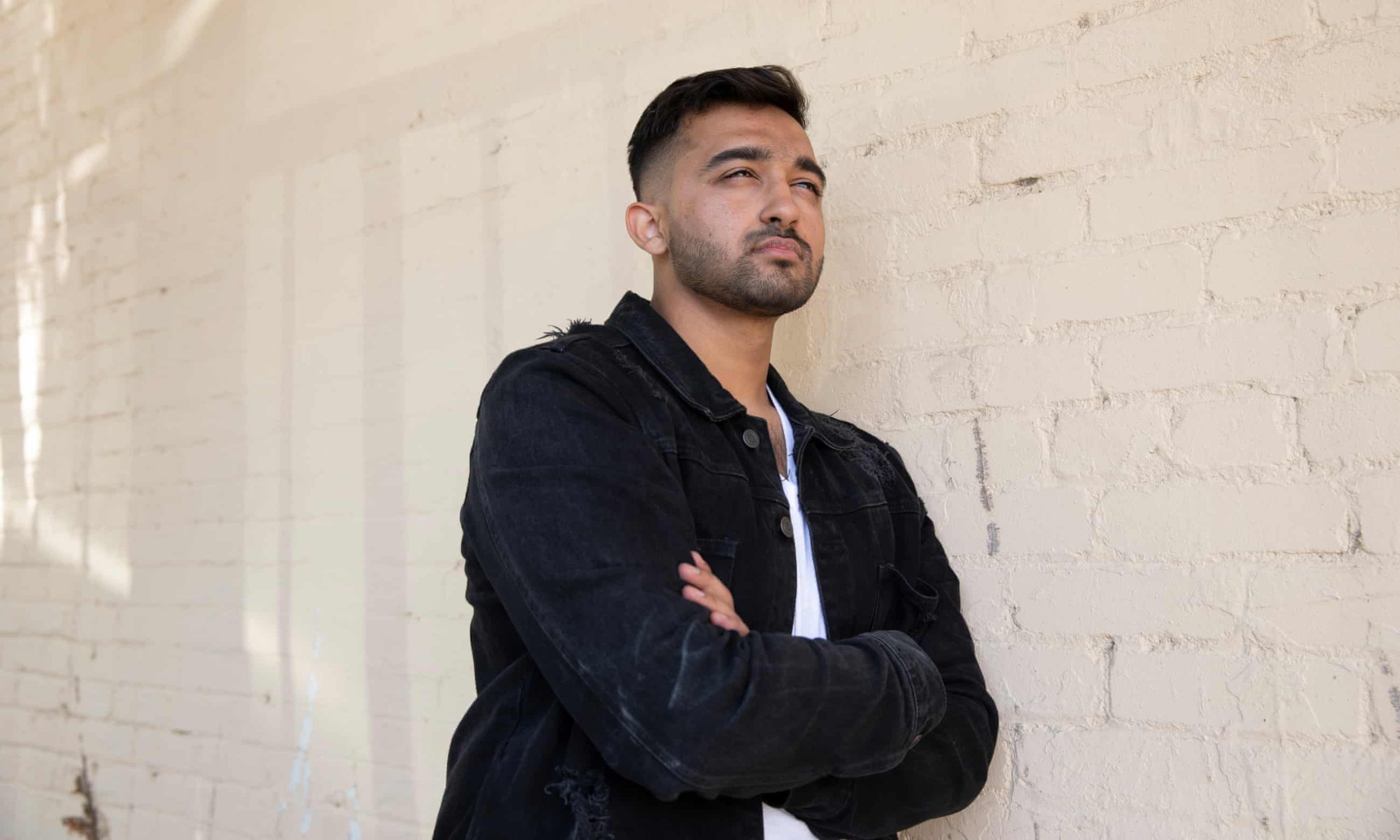
Wage cuts and inadequate bonuses mean drivers are left behind as ride-hailing firm prepares for stock market debut

Alot of very rich people will get even richer when Uber goes public on 9 May in one of the most anticipated initial public offerings (IPO) to hit the stock market in 2019.
Travis Kalanick, Uber’s founder, could see his 8.6% stake in the company valued at close to $8bn if the company is valued at $90bn plus. One early investor, the Amazon founder, Jeff Bezos, has a $3m stake in the company estimated to now be worth $400m. Uber’s current CEO, Dara Khosrowshahi, could make at least $100m from stock options on top of his salary of $45m in 2018.
Drivers, in the meantime, are feeling increasingly poor, angry and powerless. They charge wages have been cut ahead of the IPO and that the bonuses offered to long-term drivers by Uber and Lyft, its main rival, are inadequate.
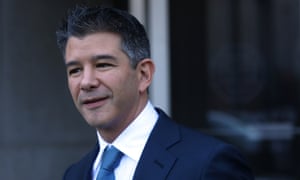
A series of strikes organized by groups including Rideshare Drivers United is planned for 9 May in Los Angeles, Chicago, Philadelphia, Boston, New York City, Washington DC, London and other cities.
The Guardian spoke to drivers in the run-up to the share sale.
Hrant Goregian: full-time Uber driver for five years in Los Angeles
Goregian first started driving for Uber to supplement his income from a full-time job that he eventually had to quit in order to manage childcare duties for his two children. “What I feel Uber does is like if you throw a seed to the birds and bring them to the cage and close the cage on them. Uber made it seem so good. I purchased a hybrid car, then they started little by little to reduce the wages,” Goregian said.
Eight months ago his wife lost her full-time job. Goregian is currently struggling to support his family. “This month, I don’t know if I’m going to be able to pay my mortgage,” Goregian said.
According to Goregian, Uber treats drivers as just something they have to deal with until technology for autonomous cars gets to the point where they can eliminate drivers all together. “They don’t listen to us,” he said.
Ali Razak: full-time Uber driver for five years in Philadelphia
When Razak first started driving for Uber five years ago, he said it was a great company, offering drivers several incentives to start working for them.
“Once Uber got [control of] the market, they changed in the worst ways,” Razak said. “The only thing drivers are asking for is fair pay. Uber is doing everything except fair pay.”
When he first started, Razak made 80% of the fees from his fares, with 20% going to Uber. “Now, they are charging anything they want. Some of my fares they charge more than 60% of the rider fare,” he said. His pay has decreased from about $1,500 a week after expenses five years ago, to between $300 to $600 a week, while often working more hours.
He dismissed the bonuses being offered to Uber drivers from the IPO. With over 8,000 trips, Razak will receive a $500 bonus. “They are doing nothing for the drivers. All drivers are asking for is fair pay, and that’s what Uber won’t give to us. They are not willing to be transparent. They are willing to change the logo, they are willing to advertise, to spend millions on lobbying, but they are not willing to pay the drivers fairly.”

Peter: full-time Uber driver for one year in Los Angeles
“I pretty much have the lowest cost of living you can imagine in Los Angeles. I used to be able to afford that,” said Peter, who didn’t want his last name used fearing retribution from Uber. “Recently, Uber cut rates per mile by 25%. Now I’m having to work longer and longer hours in order to make rent.”
Peter currently lives in a small room in a house with eight other people. He used to have some spare money left over at the end of the month, but says that’s gone after the rate cuts for drivers. Peter makes $1,200 a month after expenses, despite often having to work 50- to 60-hour weeks. He’s put 30,000 miles on his car in just the past year, noting that mileage will probably increase as he has to drive more to make the same amount of money he used to.
“I want people to know how powerless you feel when your income comes from a faceless app and when you open it up one morning, things are just different and you’re earning less money and there’s no boss you can talk to, you weren’t told about it, you just see your income is lower today and you just have to deal with it,” said Peter.
Corey Roberts: full-time Uber Driver for three years in Philadelphia
“I love it, but they treat their drivers like crap,” Roberts said.
When he first started driving for Uber, Roberts said he was attracted by the flexible hours and the feeling of being his own boss. Three years ago Roberts said 80% of the fare went to drivers and 20% went to Uber. “Now they take half in some cases,” he said.
On 5 April, Roberts noted his driver account was placed on hold for an annual background check that normally takes just three days. His account was on hold for more than three weeks due to an error made by the background check agency. “Your account will just be off and they don’t do anything to help you with wages. I have bills starting to rack up.”
Roberts complained that issues with driver support are common, as the support representatives are outsourced out of the US and the Uber app immediately sides with customers over drivers. “You can give your best service to a customer and if they’re having a bad day they can give you a one star or make a false report,” he added.
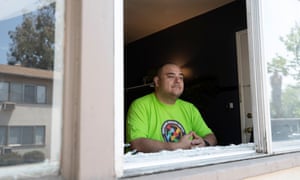
Ben Valdez: part-time Uber driver for nearly four years in LA
Valdez is a part-time driver for Uber, working nights after his full-time job as a local college. The wages, Valdez explained, have declined over the four years he’s been driving for Uber.
“The only way I can make a profit is through surge pricing during events for high demands. That’s the only way I can make money, to drive during those peak times or I can’t afford to drive for Uber,” he said.
Vincent Suen: full-time Uber Driver for about two years in LA
Suen first began driving for Uber in between jobs as a restaurant server. A car enthusiast who likes to drive, the opportunity to make a living as a driver seemed more appealing to him than another restaurant gig.
“I wish I knew what I know now earlier,” he said. “I was blindsided. If I knew about the expenses, how expensive it is to do this gig, I would not have gotten into it in the first place.”
Two years ago, Suen purchased a 2017 Toyota Prius to start driving for Uber. In that time, he’s put 122,000 miles on his car.
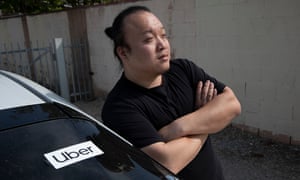
“There are plenty of days where minus gas, I make less than minimum wage,” added Suen. When he first started driving, he was making $1,200 to $1,400 a week before expenses, but has struggled to continue making that even by increasing his work hours to 10- to 12-hour days, six or seven days a week.
Suen stopped driving for Uber about six weeks ago after his doctor diagnosed him with sciatica. “The doctor says my spine is not straight, due to sitting for long hours just from doing Uber,” he told the Guardian.
An Uber representative told the Guardian: “Drivers are at the heart of our service – we can’t succeed without them – and thousands of people come into work at Uber every day focused on how to make their experience better, on and off the road. Whether it’s more consistent earnings, stronger insurance protections or fully funded four-year degrees for drivers or their families, we’ll continue working to improve the experience for and withdrivers.”
The Guardian


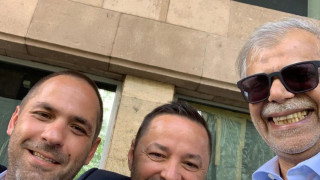






Leave a comment